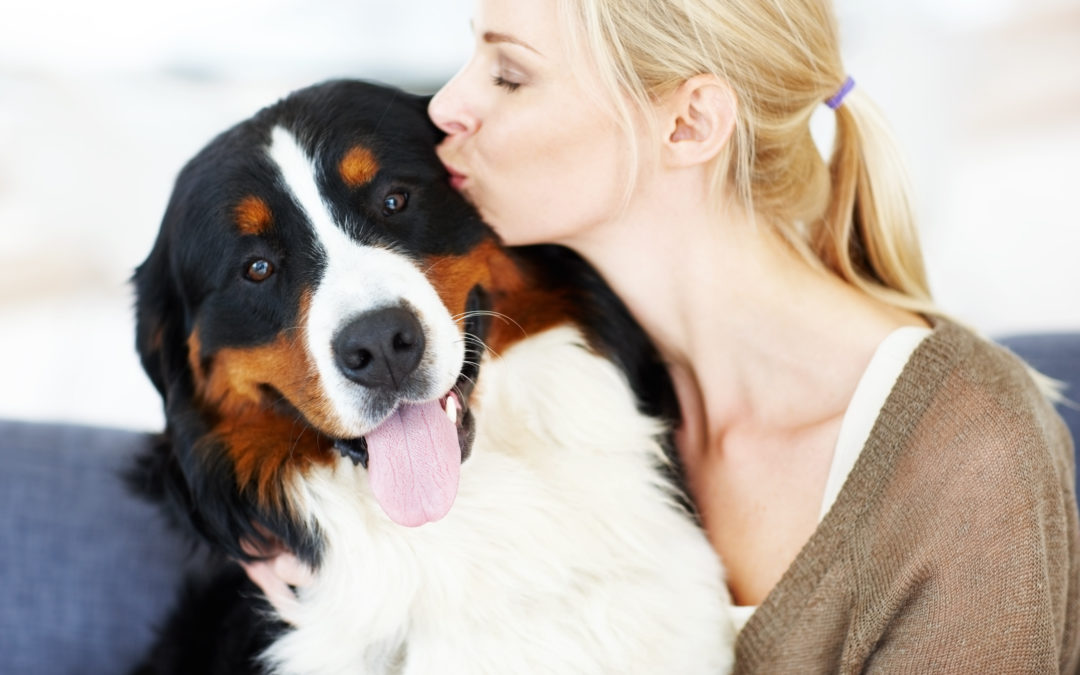The images of rabies are powerful and frightening: out-of-control dogs foaming at the mouth and snapping at their owners, the pup’s normally docile personality turned violent. Symptoms include aggression, seizures, and paralysis. An estimated 70,000 people around the world die every year from rabies infections, according to the CDC. Nearly half of those fatalities are children.
The good news is that rabies isn’t as common as you’d think. Millions of animals may be infected worldwide, but thanks to animal control programs and vaccinations the United States has all but eliminated canine rabies. Human cases are even rarer. In 2014, there were 6,033 rabid animals reported to the CDC yet only a single human infection.
Considering the consequences, you’ll want to protect your pooch as thoroughly as possible. Here are a few tips to keep your dog safe from this harmful disease.
Visit Your Vet
Like people, pups should visit a veterinarian for an annual health checkup that includes vaccinations. If this is the first time you are taking your pet to the vet, be sure to bring any medical records you have available for them. Health officials generally recommend getting your dog or cat vaccinated against rabies when they are about 3-4 months old. A follow-up shot should be administered one year later and then again every 3 years.
Limit Outdoor Exposure
While many owners allow their pets free range outside or install doggy doors to let pups do their business, it’s important to watch for furry intruders. Keep dogs away from stray animals (including cats, raccoons and other dogs) that may wander into your yard
Always Keep a Close Eye
If you are camping or walking in the woods, be especially diligent in separating your dog from wildlife. No matter how adorable that Instagram pic of Spot nuzzling a fuzzy grey squirrel is, it’s not worth the potential risk of your pet contracting an infection.
Spay or Neuter Your Pet
It isn’t just about keeping Max away from the cute neighborhood poodle. Spaying or neutering your pup reduces their urge to wander.
Watch for Signs
If you notice Bella’s personality change from docile to hostile (or even excited to sullen), be on alert. Check for bites and watch for fever and disorientation. Symptoms beyond increased aggression may include light and touch sensitivity, weakness and loss of appetite. If you notice any combination of these symptoms, immediately take her to your vet or local animal hospital.
Though the risk of getting rabies is low, the disease itself is serious. Rabies is almost always fatal and rabid dogs are often required by law to be euthanized. At Anasazi Animal Clinic, our caring, compassionate vets are trained to diagnose rabies and other infections. Take proper steps to ensure your pup is protected from wildlife, and contact us immediately if you see any unexpected changes.

